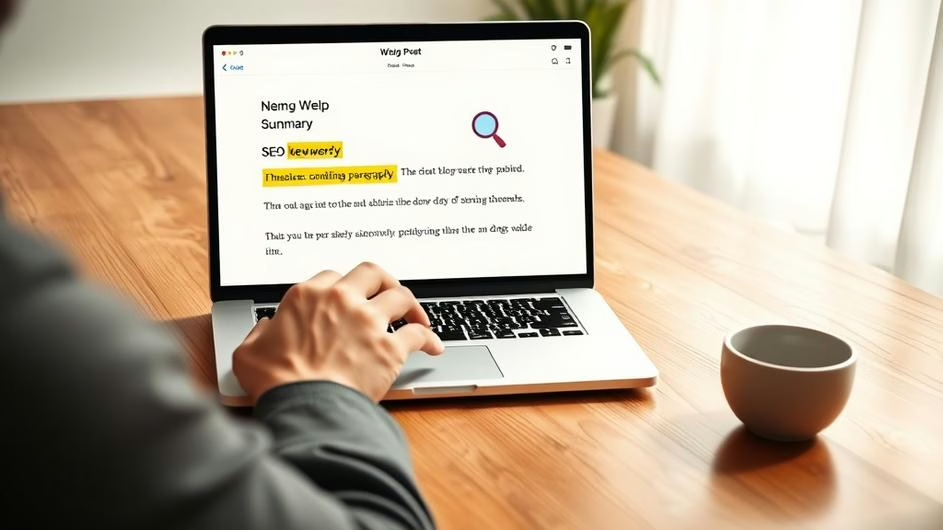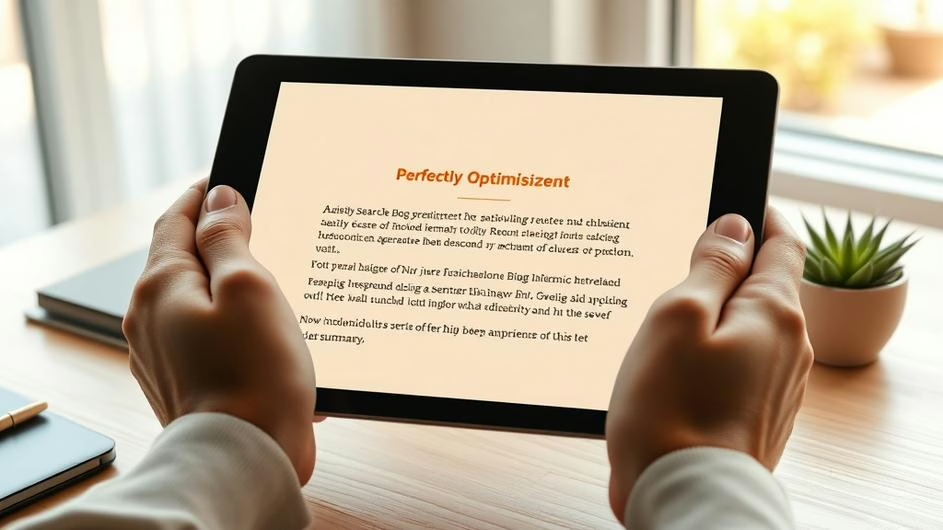
Vibe Coding, Agentic Tools, and the AI Renaissance: How Natural Language is Transforming Software Development
Software development just got a lot more conversational. What used to require months of coding, debugging, and hair-pulling frustration can now happen in a simple chat interface. You describe what you want, and AI builds it. This isn’t science fiction anymore. It’s what developers are calling “vibe coding,” and it’s turning the entire tech industry on its head.
The shift feels sudden, but the implications run deep. From Silicon Valley startups to enterprise boardrooms, everyone’s asking the same question: if AI can write code this well, what happens to traditional development teams?
When Chat Becomes Code
Picture this: you want to build an events calendar for your local community. Instead of opening an IDE and wrestling with frameworks, you open ChatGPT or Claude and start typing. “I need a web app that shows upcoming events, lets people RSVP, and sends email reminders.” Twenty minutes later, you’ve got working code.
That’s exactly what happened when CNET’s David Lumb decided to test AI’s coding abilities. His experience building a Halloween events app through conversation alone highlights how dramatically the development landscape is shifting.
This approach, dubbed “vibe coding,” strips away the technical barriers that once made software development an exclusive club. You don’t need to memorize syntax or understand complex architectures. You just need to communicate your vision clearly.
But here’s where it gets interesting for crypto developers and Web3 builders. The same natural language approach that creates basic web apps is now being applied to smart contracts, DeFi protocols, and blockchain integrations. Projects that once required specialized Solidity knowledge can now be prototyped through conversation.
The Developer Evolution
So what happens to developers when AI can code? The answer emerged clearly during TechCrunch Disrupt 2025, where industry leaders debated whether startups still need those legendary “10x engineers.”
The consensus? Developers aren’t disappearing. They’re evolving into something more valuable: architects of AI-human collaboration. Instead of writing every line of code, they’re becoming project managers, system designers, and quality controllers for AI output.
This shift particularly matters for crypto and blockchain teams. Building DeFi protocols still requires deep understanding of tokenomics, security vulnerabilities, and regulatory compliance. AI can handle the coding, but human expertise remains crucial for strategic decisions.
Consider how this changes hiring for tech startups. Instead of competing for scarce coding talent, founders can focus on domain experts who understand their market, whether that’s healthcare, fintech, or Web3 gaming. The technical implementation becomes a conversation with AI rather than a months-long development cycle.
Agentic AI: When Code Writes Itself
Vibe coding is just the beginning. The real disruption comes from what technologists call “agentic coding” – AI systems that don’t just follow instructions but actively solve problems and make development decisions.
Solana co-founder Anatoly Yakovenko has become one of the most vocal advocates for this approach. In a recent TechCrunch interview, he revealed that he’s largely stepped back from hands-on coding, letting AI assistants like Claude handle the technical implementation while he focuses on strategic direction.
The results speak for themselves. Solana posted $2.85 billion in annual revenue for 2025, growth that Yakovenko directly connects to AI-augmented development processes. When your blockchain can iterate faster and deploy new features more efficiently, you capture more market share in the fast-moving crypto space.
This isn’t just about individual productivity. Companies like Netflix and Google Cloud are integrating agentic coding tools across their engineering organizations. The competitive advantage becomes clear when you can ship features in days instead of quarters.
For crypto projects, this speed difference could be decisive. DeFi protocols need to respond quickly to market conditions, regulatory changes, and security threats. AI agents that can autonomously update smart contracts or optimize gas fees provide a significant edge.

Rewriting the Startup Playbook
If AI can handle most coding tasks, do early-stage startups still need to hire expensive engineering teams? The answer is reshaping how founders think about building companies.
Traditional wisdom said you needed a technical co-founder and a team of engineers before you could build anything meaningful. Now, a domain expert with strong communication skills can prototype complex applications through AI collaboration. This democratization of software creation is lowering barriers to entry across industries.
Investors are taking notice. Venture capital firms are increasingly funding teams based on market insight and execution speed rather than pure technical depth. When AI can handle implementation, the premium goes to founders who understand customer needs and can iterate rapidly.
This shift particularly benefits fintech and crypto startups. Building trading platforms, wallet applications, or DeFi protocols no longer requires months of blockchain-specific development. Entrepreneurs can focus on user experience, regulatory compliance, and market positioning while AI handles the technical foundation.
But there’s a flip side. As development becomes more accessible, competition intensifies. When anyone can build a crypto trading bot or NFT marketplace through conversation with AI, differentiation moves beyond technical implementation to user experience, community building, and strategic partnerships.
The Productivity Multiplier Effect
Yakovenko’s experience at Solana illustrates a broader trend. AI coding tools aren’t just changing what developers do; they’re multiplying what’s possible with the same resources.
Consider the implications for crypto infrastructure. Blockchain projects typically require extensive testing, security audits, and optimization. AI agents can handle much of this work continuously, identifying vulnerabilities and performance bottlenecks faster than human teams.
This acceleration matters for traders and investors too. Faster development cycles mean quicker feature rollouts, more responsive DeFi protocols, and better user experiences. Projects that embrace AI-driven development can adapt to market conditions more quickly than competitors stuck in traditional workflows.
The network effects are significant. As more developers adopt AI coding tools, the pace of innovation across the entire ecosystem accelerates. New DeFi primitives, Layer 2 solutions, and Web3 applications emerge faster, creating more opportunities for users and investors.
What’s Next for Code and Commerce
Looking ahead, the convergence of AI coding and blockchain technology suggests several compelling trends. Smart contracts that can modify themselves based on market conditions. DeFi protocols that optimize automatically for better yields. NFT platforms that generate new features based on community feedback.
The regulatory landscape will need to adapt too. When AI can generate financial applications in minutes, regulators face new challenges in oversight and compliance. Policymakers are already grappling with how to govern rapidly evolving crypto markets, and AI-accelerated development adds another layer of complexity.
For developers, entrepreneurs, and investors, the message is clear: the future belongs to those who can effectively collaborate with AI while maintaining human judgment on strategy, ethics, and user needs. The tools are democratizing, but success still requires understanding your market, your users, and the broader technological ecosystem.
The transformation isn’t coming. It’s here. The question isn’t whether AI will change software development, but how quickly you can adapt to this new reality where conversation becomes code, and imagination becomes implementation.
Sources
- “No-Code Sorcery: I Conjured an App Using Just My Words, and So Can You,” CNET, October 31, 2025
- “How I Conjured a Halloween Events Web App Just by Chatting With AI,” CNET, October 29, 2025
- “Disrupt 2025: Day 3,” TechCrunch, October 29, 2025
- “Solana co-founder Anatoly Yakovenko is a big fan of agentic coding,” TechCrunch, October 29, 2025
- “Solana’s Yakovenko Says AI Coding Is The Future And He’s Already Using It,” Dataconomy, October 30, 2025





































































































































